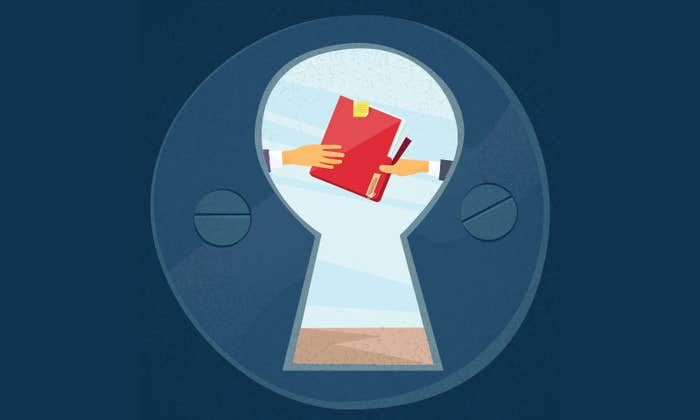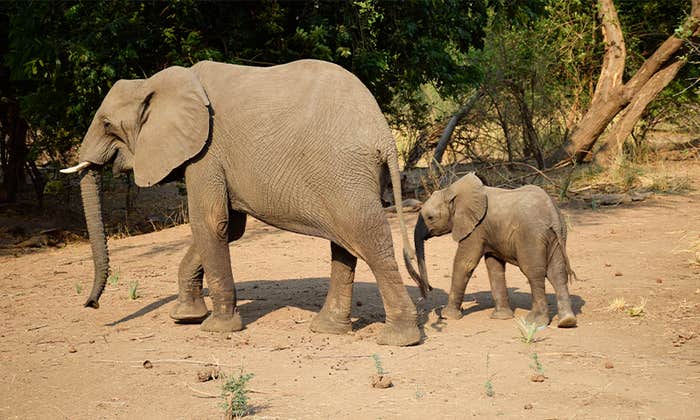
When we succeed, we often take that success, in retrospect, to be the result of suffering that liquid trinity of blood, sweat, and tears. Perhaps fortune favored you here and there but, by and large, it was your effort and talent—not contingency—that won the day.
Nonsense, says Robert Frank, a professor of economics at Cornell University and the author, most recently, of Success and Luck: Good Fortune and the Myth of Meritocracy. Just consider the case of the actor Bryan Cranston, a “vivid example,” he says, of the importance of luck’s invisible hand. Cranston got to play Walter White, the school-teacher-turned-meth-dealer in Breaking Bad, because two talented actors, John Cusack and Matthew Broderick, refused the part. Indeed, the whole show may not have been made if it weren’t for Vince Gilligan—the show’s creator, writer, director, and producer—luckily not knowing about Weeds, a show about an affluent suburban mother who becomes a major pot-dealer. He thought the plot was so similar to Breaking Bad’s that “he wouldn’t have had the will to go on” to pitch the show to AMC, he’s said, if he knew about it in the weeks beforehand. “I would have said to myself (and I’ve said this a lot), ‘Damn! All the good ideas are already taken!’”
In short, says David J. Hand, author of The Improbability Principle, emeritus professor of mathematics and a senior research investigator at Imperial College, London, “There are always things beyond our control.”
There are benefits to seeing where luck’s influenced our lives. It kindles gratitude, Frank says, and “that reliably evokes positive feelings in you and creates this whole cascade of good outcomes in your sphere.”
Wondering why we downplay our own luck is a good way to start noticing its impact. Frank told us earlier this year that how we construct our life histories has a lot to do with it. “We assemble narratives about ourselves routinely and the elements that go into those are the things that we can retrieve most comfortably from memory,” he said, and ego goes largely unchecked. People “remember all those difficult problems that they had to solve” and “those very formidable opponents that they had to vanquish.” We’re self-promoters, even to ourselves.
Check out our whole conversation with Frank after watching the clip from it below.
Brian Gallagher is the editor of Facts So Romantic, the Nautilus blog. Follow him on Twitter @bsgallagher.






























